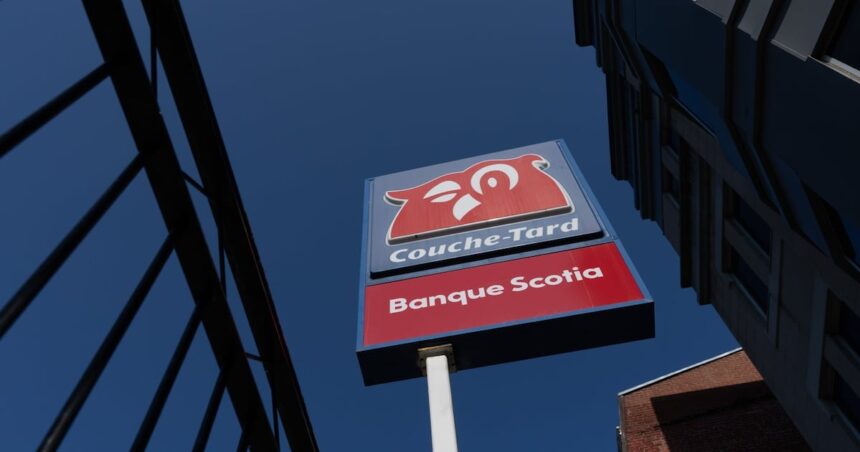In a dramatic shift that has sent ripples through the convenience store industry, Quebec-based retail giant Alimentation Couche-Tard has officially withdrawn its ambitious $38 billion proposal to acquire Seven & i Holdings, the Japanese parent company of 7-Eleven. The unexpected retreat marks the end of what would have been one of the largest Canadian acquisitions in recent memory.
"After careful consideration, we have decided not to pursue our proposal," announced Brian Hannasch, President and CEO of Couche-Tard, in a statement released Wednesday morning. "While we believed this combination offered tremendous value to shareholders of both companies, the response from Seven & i’s leadership made it clear they weren’t interested in exploring this opportunity."
The Laval-based convenience store operator, which runs over 14,000 stores across North America and Europe under banners including Circle K, first approached Seven & i in early July with an unsolicited offer that valued the Japanese retail conglomerate at approximately ¥5.5 trillion ($38 billion). The proposal represented a 38% premium over Seven & i’s market value before news of the potential deal surfaced.
Industry analysts had viewed the potential merger as a strategic powerhouse combination that would have created the world’s largest convenience store operator, dwarfing regional competitors and potentially reshaping the global retail landscape.
"This withdrawal isn’t entirely surprising given the cool reception from Tokyo," explained retail analyst Melissa Tran of Vancouver Financial Group. "Japanese companies have historically been resistant to foreign takeovers, and Seven & i’s board appeared determined to maintain independence from the start."
The failed acquisition attempt highlights the continuing challenges Canadian companies face when pursuing international expansion, particularly in Asian markets where corporate culture and regulatory environments can create significant barriers to entry. Seven & i’s board had characterized Couche-Tard’s approach as "unwelcome" in initial responses, setting a defensive tone that ultimately proved insurmountable.
For Couche-Tard, the withdrawal represents a setback in its aggressive global expansion strategy. The Quebec retailer has built its empire through strategic acquisitions, including the landmark purchase of Circle K in 2003, which transformed the company into a North American powerhouse.
"Couche-Tard has approximately $5 billion in liquidity ready for strategic acquisitions," noted financial markets specialist Jordan Lee in an interview with CO24 Business. "This failed bid doesn’t change their fundamental growth strategy—it just means they’ll redirect that firepower elsewhere."
Shares of Couche-Tard dipped 3.2% in morning trading following the announcement, while Seven & i Holdings saw its stock fall nearly 5% on the Tokyo exchange as investors digested the news that the premium-priced offer was no longer on the table.
The collapse of talks also raises questions about the future independence of Seven & i, which has faced pressure from activist investors to improve performance and consider structural changes to boost shareholder returns. The company operates approximately 83,000 stores globally, including the ubiquitous 7-Eleven convenience stores across North America and Asia.
For Canadian consumers, the failed merger means the competitive landscape remains unchanged for now, with Circle K and 7-Eleven continuing to operate as separate entities across the country. However, industry experts suggest this is unlikely to be Couche-Tard’s last attempt at major international expansion.
As global convenience store markets continue to consolidate, will Couche-Tard find its next acquisition target closer to home, or will it make another bold international play? The answer may determine whether Canada’s retail giant can continue its remarkable growth trajectory in an increasingly competitive global marketplace.

























